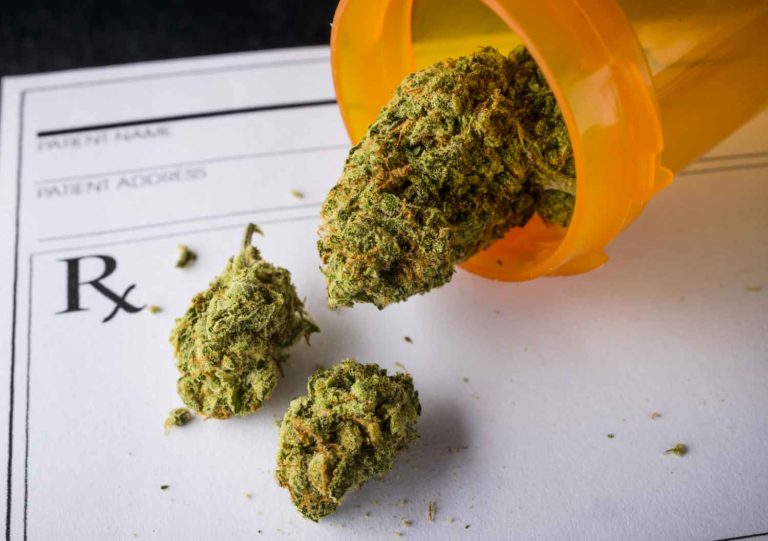
Since May of 2021, lawmakers have been working on a medical cannabis bill after the Mississippi Supreme Court overturned IM 65. This measure received a 74 percent vote at the polls in 2020 and would have legalized medical cannabis for qualifying patients. However, after the overturn, Governor Tate Reeves, R, who had said he believed in the will of his voters, wouldn’t call for a special session to legalize medical cannabis.
Even after lawmakers presented their own bill, the governor wouldn’t call for a special session. He demanded that the amount of cannabis a patient can purchase a day, 3.5 grams, is too much. It needs to be at least half that amount.
Instead of listening to the governor, Senator Kevin Blackwell, R, kept the purchase amount the same when he introduced a medical cannabis bill to the Mississippi Senate. SB 2095 was referred to the Senate Public Health and Wellness Committee.
Within a day, the committee approved the bill by a voice vote. The following day, Thursday January 13, the bill passed the Senate in a vote of 47-5. SB 2095 now makes its way to the House for further discussion.
SB 2095
Under the medical cannabis bill SB 2095, around two dozen conditions qualify. Each card will cost an individual $25 a year, with low income families qualifying for financial aid. There are around two dozen qualifying conditions, including:
- Cancer
- Parkinson’s
- Huntington’s
- MS
- HIV/AIDS
- Alzheimer’s
- Sickle-cell anemia
- Crohn’s Disease
- Spinal cord disease or severe injury
- Medical conditions or treatments that cause severe nausea
- Seizures
- Severe or persistent muscle spasms
- Chronic pain
Patients can purchase one medical cannabis unit a day, which is considered to be 3.5 grams cannabis flower, one gram concentrate, or 100 mg of THC infused products. Cultivation for public consumption will strictly be indoors and patients aren’t allowed to grow their own plants. Patients also can’t smoke or vape in public spaces or in their motor vehicles and are prohibited from driving under the influence of medical cannabis.
The Mississippi Department of Health will oversee the industry with help from the Department of Revenue and the Department of Agriculture. A nine member advisory board would also become established for particular issues, such as access and safety.
No limits would be set for the total number of non-distributor licenses, such as cultivators, transporters, or research facilities. They can apply for licenses 120 days after the bill becomes law. Distributors can apply 150 days after the bill becomes law. If all goes smoothly, lawmakers suspect the medical cannabis industry could be up and running by the end of 2022.
Response
Marijuana Policy Project (MPP) released a statement following SB 2095’s introduction to the Senate. “We commend Senator Blackwell for sponsoring this legislation that seeks to respect voters’ mandate,” the organization said in a recent statement. “We are disappointed that SB 2095 includes onerous restrictions on physicians and that it drives pain patients to opiates, but we recognize the challenge of getting past a hostile legislature and governor.”
At this time, there has been no official statement from Governor Reeves.
Next Steps
SB 2095 now moves to the House of Representatives for further discussion. Representative Lee Yancy, R, will be leading the medical cannabis bill through the Mississippi House. He worked closely last year with Senator Blackwell to make sure the bill was as complete as possible while also following the spirit of IM 65 that a supermajority of voters approved of at the 2020 election.
Whether a veto will happen depends on the outcome in the House. If the House decides to move forward with SB 2095, then Governor Reeves will have a chance to sign or veto it. Should he veto the bill, as he has said he will, then the bill returns to both legislative chambers. To overturn a governor veto, a ⅔ majority vote from both the Senate and the House is required. Several lawmakers say they believe there is enough support in both chambers to overturn a veto from Governor Reeves. Should it come down to this, we will keep you up to date with the latest information.
Make sure to check back for more cannabis, hemp, and psychedelic related news.